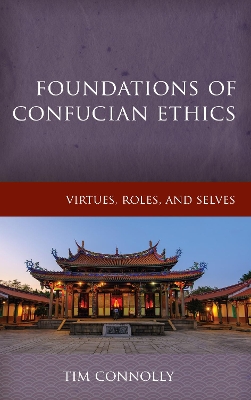Critical Inquiries in Comparative Philosophy
1 total work
Many scholars believe that the early Confucians are best understood as virtue ethicists, who like Aristotle teach that human flourishing is achieved through virtue and its cultivation. Yet early Confucian texts also stress the importance of roles such as being a father, son, ruler, minister, and teacher. Given their focus on our particular roles and relationships, advocates of Confucian Role Ethics argue that thinkers like Confucius and Mencius are unique and cannot be understood in terms of Western philosophical categories. This book looks at the competing attempts of virtue ethics and role ethics to capture the foundations of Confucian ethics. Connecting Confucian Role Ethics with recent developments in exemplarist virtue theory, it argues that role ethics can contribute to our understanding of early Confucian and contemporary accounts of virtue.
